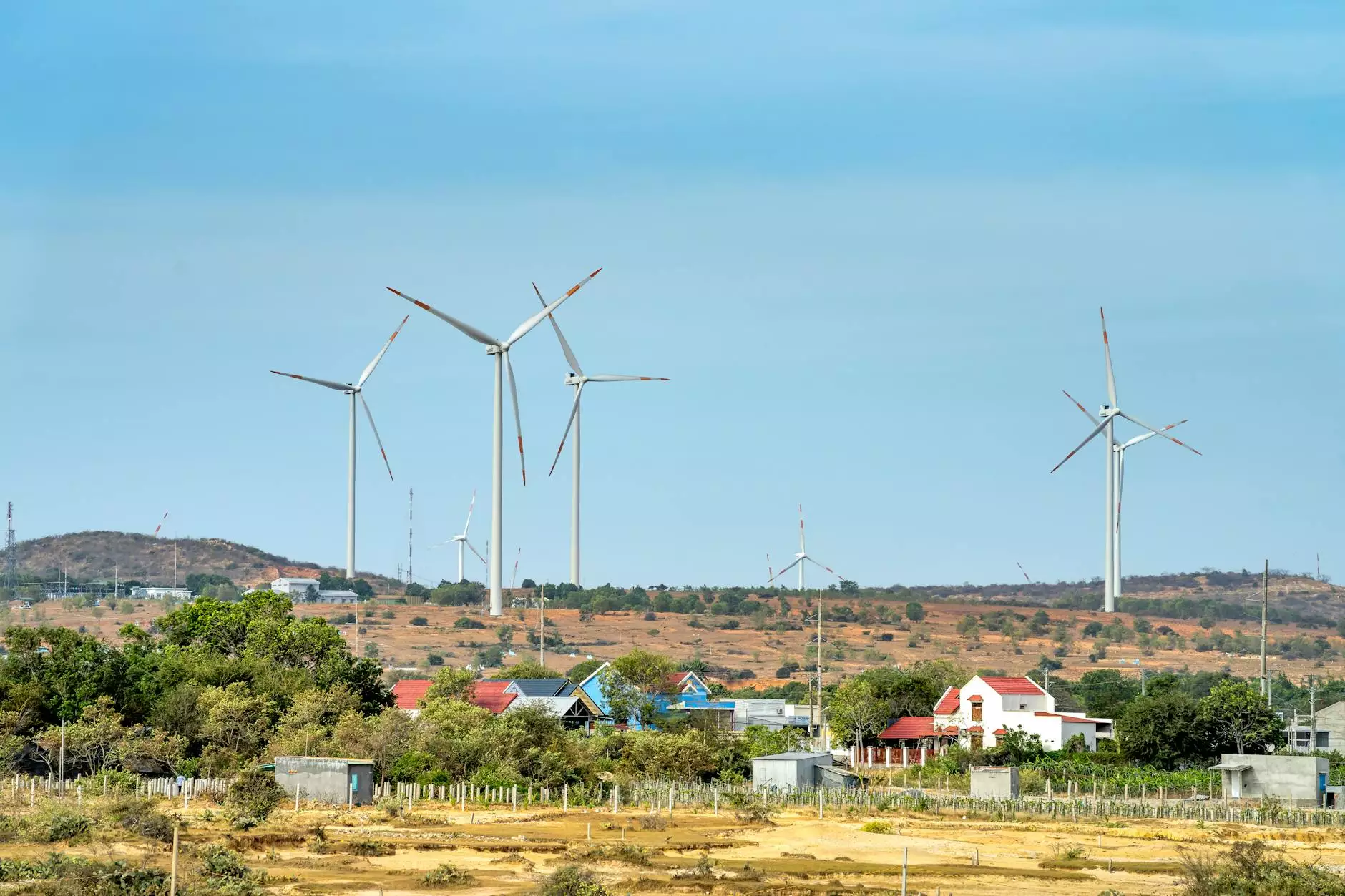The Power of Biomass: A Sustainable Energy Solution

Biomass is a versatile and environmentally-friendly source of renewable energy that holds immense potential for meeting the world's growing energy demands while reducing our carbon footprint. In today's era of climate change and sustainability challenges, the utilization of biomass has emerged as a crucial aspect of the transition towards cleaner and greener energy solutions.
What is Biomass Energy?
Biomass energy refers to the use of organic materials, such as wood, agricultural residues, and waste products, to generate heat, electricity, and biofuels. These organic materials are abundant, renewable, and can be sustainably sourced, making biomass a viable alternative to fossil fuels.
The Environmental Benefits of Biomass
One of the key advantages of biomass energy is its low carbon footprint compared to conventional fossil fuels. When biomass is burned for energy production, it releases carbon dioxide, but this carbon is part of the natural carbon cycle. In contrast, fossil fuels release carbon that has been sequestered deep underground for millions of years, contributing to the greenhouse effect and climate change.
Reduced Greenhouse Gas Emissions
By utilizing biomass as a source of energy, we can reduce our reliance on fossil fuels and lower greenhouse gas emissions. Biomass plants generate electricity through a process called combustion, which produces significantly fewer emissions of sulfur dioxide, nitrogen oxides, and particulate matter compared to coal-fired power plants.
Carbon Neutrality
Another significant environmental benefit of biomass is its carbon neutrality. While burning biomass releases carbon dioxide into the atmosphere, the plants used to produce biomass absorb an equivalent amount of carbon dioxide during their growth cycle. This closed carbon cycle ensures that biomass energy does not contribute to a net increase in atmospheric carbon levels.
The Economic Opportunities of Biomass
In addition to its environmental advantages, biomass energy offers a range of economic opportunities for communities and industries. The production and use of biomass fuels can create jobs in rural areas, support local economies, and reduce dependence on imported energy sources.
Job Creation
The biomass industry provides opportunities for job creation in various sectors, including forestry, agriculture, and manufacturing. From harvesting biomass feedstocks to operating biomass power plants, there is a demand for skilled workers across the biomass supply chain.
Energy Independence
By tapping into local sources of biomass feedstocks, communities can achieve energy independence and reduce their vulnerability to fluctuations in global energy markets. Biomass energy production can also help diversify the energy mix, enhancing energy security and resilience.
Conclusion: Embracing Biomass for a Sustainable Future
As we navigate the transition to a more sustainable and low-carbon future, biomass stands out as a reliable, renewable energy source with significant environmental and economic benefits. By harnessing the power of biomass, we can reduce our impact on the planet, create new opportunities for growth, and build a cleaner, greener energy ecosystem for generations to come.
biomass as a source of renewable energy








